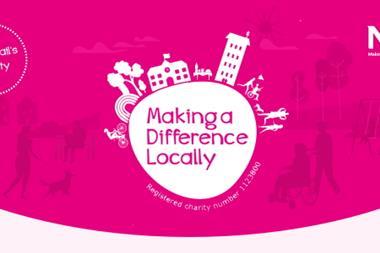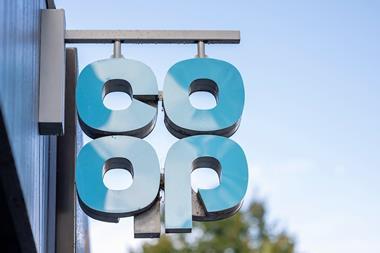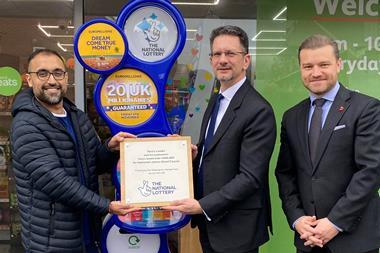IRI and FareShare partner to improve food redistribution efficiencies

The collaboration will see FareShare benefit from IRI’s data, analytics and insights to drive new efficiencies, with a specific focus on identifying areas of surplus food within manufacturers
ALREADY HAVE A REGISTERED USER ACCOUNT? PLEASE LOG IN HERE
To read the full story join the ConvenienceStore.co.uk community today!
Registration is quick and easy and provides access to:
- Unlimited ConvenienceStore.co.uk articles
- Our great range of newsletters
- Content you’ve saved for later via the ‘my library’ feature
And much more…































